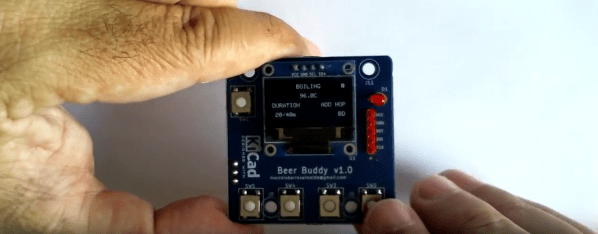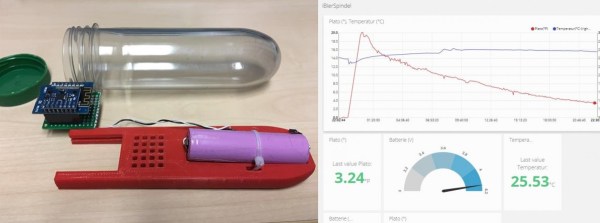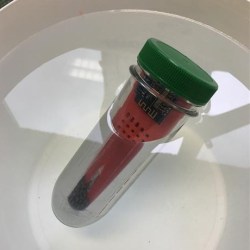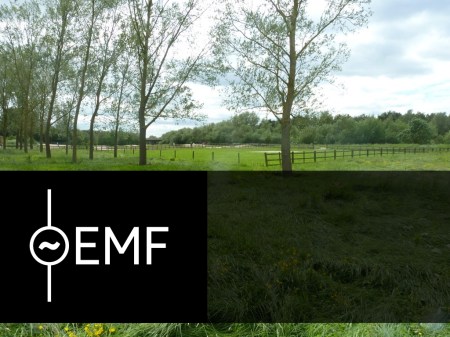Fermentation is a culinary art where tiny organisms transform simple ingredients into complex flavors — but they’re finicky about temperature. To keep his brewing setup at the perfect conditions, [Ken] engineered the Fermenter, a DIY insulated chamber controlled by Home Assistant for precision and remote monitoring.
The Fermenter build starts with an insulated chamber constructed from thick, rigid foam board, foil tape, weather strips, and a clever use of magnets to secure the front and top panels, allowing quick access to monitor the fermentation process. The chamber is divided into two sections: a larger compartment housing the fermentation vessel and a smaller one containing frozen water bottles. A fan, triggered by the system, circulates cool air from the bottle chamber to regulate temperature when things get too warm.
The electronics are powered by an ESP8266 running ESPHome firmware, which exposes its GPIO pins for seamless integration with Home Assistant, an open-source home automation platform. A DS18B20 temperature sensor provides accurate readings from the fermentation chamber, while a relay controls the fan for cooling. By leveraging Home Assistant, [Ken] can monitor and adjust the Fermenter remotely, with the flexibility to integrate additional devices without rewiring. For instance, he added a heater using a heat mat and a smart outlet that operates independently of the ESP8266 but is still controlled via Home Assistant.
Thanks [Ken] for sending us the tip on this ingenious project he’s been brewing. If you’re using Home Assistant in a unique way, be sure to send in your project for us to share. Don’t forget to check out some of the other Home Assistant projects we’ve published over the years. Like a wind gauge, maybe. Or something Fallout-inspired.















